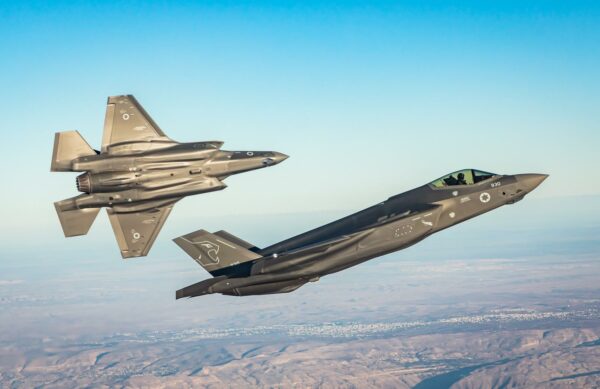In a decisive shift, the Trump administration has now reportedly privately informed Israel that the United States will not participate in any strike on Iran’s nuclear facilities, signaling a cautious but firm recalibration of its role as tensions between Washington, Jerusalem, and Tehran intensify.
The announcement—disclosed by U.S. and Israeli officials—comes as diplomatic negotiations between the U.S. and Iran falter and Israel reportedly prepares for unilateral military action.
According to diplomatic sources, the White House has made it clear to Israeli counterparts that while it will continue to support Israel through intelligence sharing or strategic alignment, it will not engage directly in any offensive operations.
The timing of the decision underscores the delicate balance in Washington.
On one hand, officials worry that a senior military intervention could provoke a broader regional conflict; on the other, they recognize that Israel may feel compelled to act if Iran appears to advance its nuclear capabilities unchecked.
Pentagon officials recently canceled a planned visit to Israel by U.S. Central Command Commander Gen. Erik Kurilla, while embassy personnel in Baghdad, Bahrain, and Kuwait were reduced amid fears of Iranian retaliation.
The moves reflect heightened security concerns, even as President Trump signaled cautious optimism about ongoing talks mediated out of Oman.
“It might happen,” the president told reporters Thursday, refusing to rule out an Israeli strike but emphasizing his hope that diplomacy succeeds.
U.S. envoy Steve Witkoff traveled to Oman this week for stalled nuclear negotiations, which the administration says could still yield an agreement.
Even so, Israeli military readiness appears at its peak. According to diplomatic sources, the Israel Defense Forces are preparing for rapid “waves of strikes” should negotiations collapse.
Officials in Jerusalem have repeatedly voiced concern that Iran’s uranium enrichment, notably at the Fordow and Natanz facilities, is inching closer to weapons grade.
Tehran has responded defiantly, warning that any attack “will target U.S. assets” across the Middle East. Iran’s posture has only heightened Israeli anxieties that Washington’s restraint on military participation may not suffice to shield the region from escalation.
The U.S. stance echoes a familiar pattern: in past crises, Israel has threatened military action only to pull back once it realized it would go it alone.
Analysts note Israel depends on U.S. support—not only in conventional ammunition and arms, but especially for the deep-penetration capabilities needed to reach Iran’s most secure nuclear infrastructure.
As global diplomatic attention remains focused on Oman this weekend, experts warn the region stands at a precarious juncture. Without U.S. involvement, any Israeli strike could lead to an unpredictable and potentially wider conflict, reaching far beyond the nuclear issue itself.
But while Washington withdraws from the possibility of direct involvement, the administration continues to exert influence behind the scenes—hoping that a combination of deterrence, diplomacy, and Israeli restraint might still avert a full-blown crisis.
[READ MORE: Elon Says He Went Too Far]








